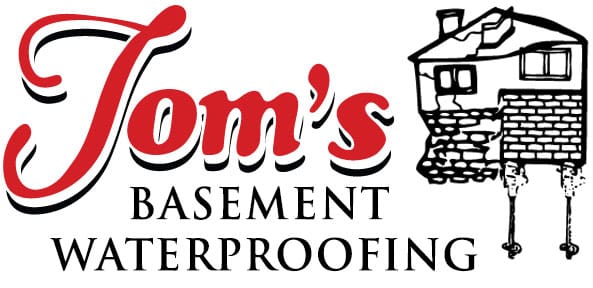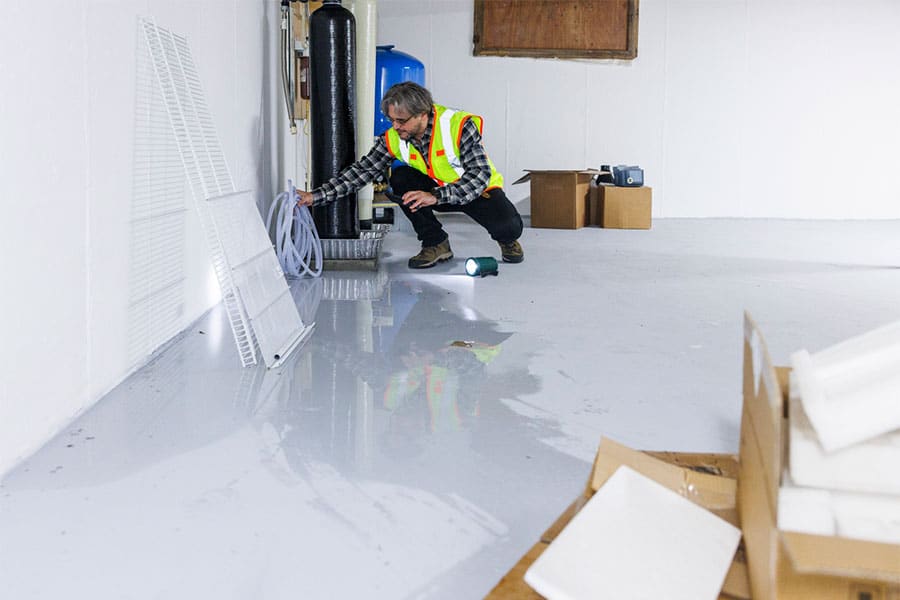Keeping up on essential maintenance and installing preventative measures are the best ways to avoid basement water damage. But why would you feel the need to do so? Basement water damage can lead to several negative consequences that can be harmful not just to your home but also to your health and safety. Mold build-up from water can cause medical issues in at-risk people where structural damage will not only lower your home’s value but can also have a cascading effect that can potentially damage the entirety of your home. Therefore, we invite you to join us as we explore some of the most essential maintenance and preventative measures you can take to protect your home from basement water damage.
Tips And Strategies To Prevent Basement Water Damage
You can perform many of these tips and techniques annually, but we recommend inspecting your basement on at least a monthly basis and performing these tasks as needed.
- Clean And Repair Submersible Pumps: Many basements in areas that experience higher levels of flooding than average will come with a submersible pump installed or will have a cistern for one. Submersible pumps, also often referred to as sump pumps, work when the lowest part of your basement collects a certain amount of water and pumps it out into an overflow location or storm drain. Yet, like any other plumbing equipment, sump pumps can become clogged or fail altogether. You can check your pump well to ensure that water levels aren’t exceeding the minimum to be pumping, remove debris, and check outflow pipes to ensure no blockages.
- Inspect For Cracks, Water Stains, And Sources of Leaks: Cracks in a basement foundation are bound to happen over time as the concrete settles and ages. But, if you notice new fractures, it’s important to mark their length and check back later to see if they are growing. Additionally, even if water has dried, the damage may already be done, so be sure to look for any spots where water has run down the walls or collected on the floor and locate the source of the leak.
- Maintain Your Gutters: Gutters divert water away from your home’s foundation and are an essential tool in wet areas. However, they can become clogged with leaves, debris, and dirt. Clean your gutters multiple times a year, especially in the fall.
- Install Or Maintain Dehumidifiers: Dehumidifiers work to lower humidity levels in a basement and are an essential piece of equipment that needs to be emptied regularly.
- Don’t Skip On Landscaping: Finally, your lawn can be essential to keeping your basement safe from water damage. If water pools in uneven soil or drain fields and becomes over-saturated, the excess water can settle next to your foundation, causing damage that won’t become apparent until it is too late to rectify quickly.
When And Why To Hire Local Basement Waterproofing Professionals
When your basement waterproofing becomes too difficult or expensive to handle, it may be time to consult a local basement waterproofing professional. A basement waterproofing professional is likely the best repair option for flooding, constant leaks, and extensive foundation damage. Regular sealing methods will be less effective if you notice fractures in your foundation that exceed two inches in length or more than a centimeter in width. Moreover, professional intervention is necessary to avoid further damage if your basement floods regularly or things such as egress windows are leaking after every storm. It is always better to err on the side of caution, as waiting too long can lead to more expensive foundation repairs.
To get the most from your local professional waterproofing experts, call Tom’s Basement Waterproofing at (586) 949-7826 today!

